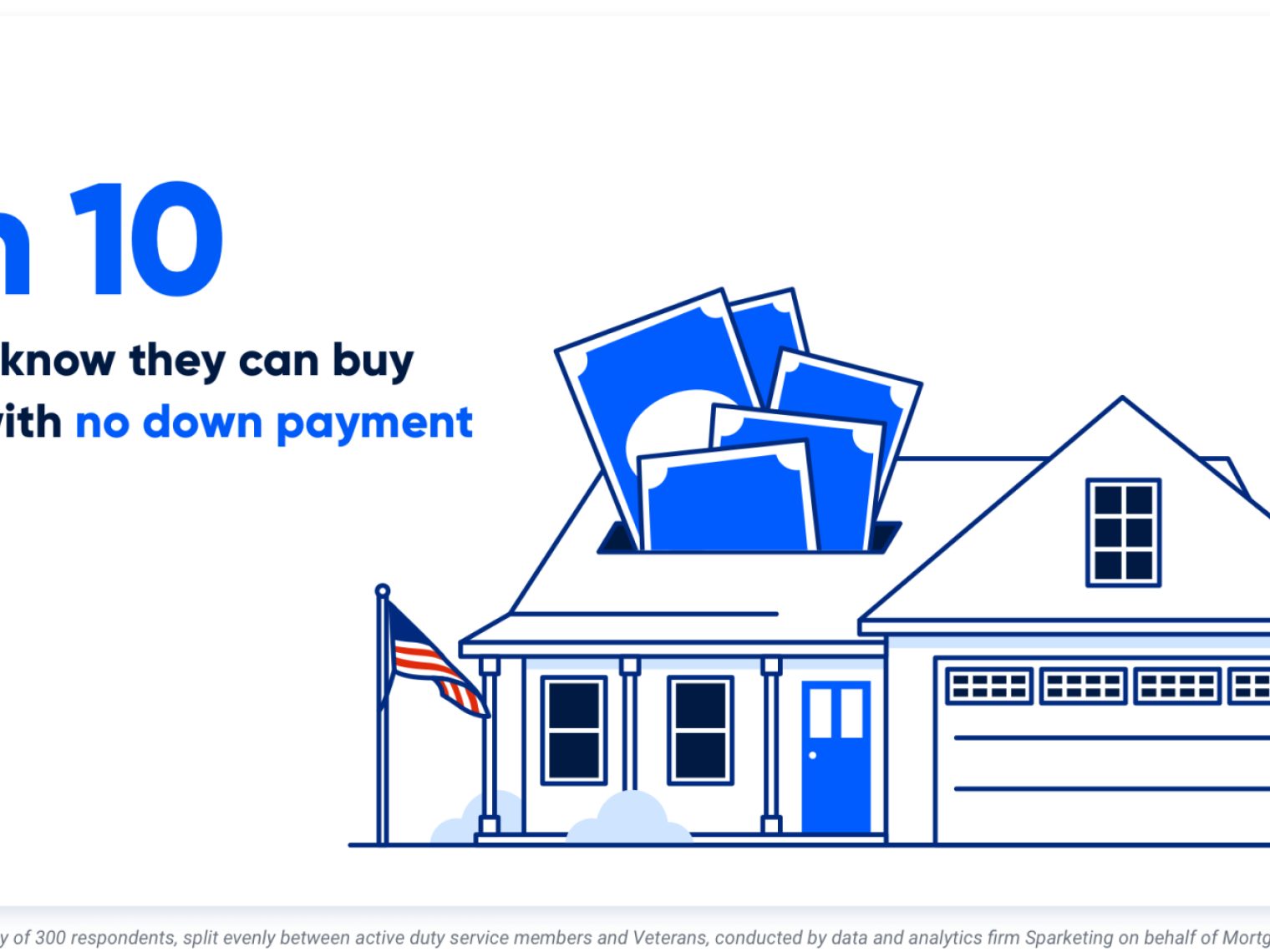Contract contingencies are in place to protect prospective VA buyers from the unknown.
It's impossible to assess all of a home's potential problems during the initial tour or to guarantee that both you and your home will be approved for financing, for example.
Contingencies give you a chance to back out of the contract with a full return of your earnest money if insurmountable problems arise.
There are a host of potential contract contingencies buyers and their real estate agents might consider. So much will depend on your specific situation and the housing market you're navigating.
What Contingencies Are in a VA Loan?
VA loans include certain contingencies that protect earnest money deposits and allow them to be refunded to the buyer under specific circumstances. Some of the most common VA contract contingencies include a home inspection contingency, financing contingency, home sale contingency and appraisal contingency.
Here's a closer look at the most common contract contingencies and how they protect VA buyers.
Home Inspection Contingency
VA loans require an appraisal, which includes a broad look at the property's health, safety, and marketability conditions. However, the appraisal is not as exhaustive as a professional home inspection.
VA loans do not require a home inspection, but most buyers choose to invest in this critical peace of mind. There's no better safeguard than a thorough home inspection for buyers who are ready to sink hundreds of thousands of dollars into a property.
The inspection usually takes a few hours to complete and costs around $500. A professional home inspector will review all the home's major systems (electrical, heating, cooling and plumbing) and structural components. Most inspectors also evaluate the home's exterior, from the roof to the footings, for any potential problems. Interior features such as flooring and appliances are also scrutinized.
As the buyer, your purchase offer can make the deal contingent upon a home inspection results. If the inspection uncovers problems, buyers can negotiate repairs with the seller or even pay for them independently.
Buyers can also walk away from the deal with their earnest money if they're unable to agree with the seller regarding inspection-related issues.
Financing Contingency
Many VA buyers seek loan preapproval before starting the house hunt and getting under contract. That gives buyers a clear sense of their purchasing power and what it takes to close on the loan. It also shows sellers you're a serious contender.
But preapproval is not a guarantee you'll ultimately secure financing.
Both you and your property have to meet lender and VA criteria before finalizing your loan. Underwriters will take a deeper look at your loan file once you're under contract, and there's often a host of conditions that need to be met for your loan to move to closing and finally to funding.
While preapproval is a strong signal, some buyers might not be able to close the deal for all kinds of reasons. Because of that, most VA purchase agreements contain a financing contingency that allows borrowers to keep their earnest money if they're not ultimately able to qualify for financing.
Financing contingencies are usually for a set period of time, like 25 or 30 days, although the duration can vary depending on the lender and your specific situation. The span tends to reflect how long it's likely to take your loan file to move through the underwriting process.
Buyers could lose their earnest money if their loan falls apart after a financing contingency period has expired. Talk with your real estate agent and your loan officer about financing contingency timelines before making an offer.
Home Sale Contingency
Some buyers might want or need to make a purchase agreement contingent on the sale of their current home.
Sellers might be less than thrilled to see this. A seller has no idea if you live in a highly marketable home or an eyesore in an undesirable area. It's tough for sellers to know if they should take a chance on an offer with this contingency or hold out for a more solid buyer.
Talk to your real estate agent regarding this contingency. You may be buying in an area where this contingency is commonplace. But in hot real estate markets, it can put buyers at a disadvantage.
Appraisal Contingency
Appraisal contingencies protect buyers if the home they want to buy turns out to be worth less than what they offered to pay. This helps homeowners avoid situations where their outstanding mortgage surpasses the actual value of their home.
During the buying process, if a potential buyer discovers the property's market value is lower than the agreed purchase price, they are entitled to reconsider and potentially terminate the agreement. Mortgage lenders will lend the lesser of the purchase price or the home's appraised value, along with allowable costs and fees.
Can the VA appraisal contingency be waived?
Unfortunately, no, an appraisal contingency is required for VA loans. The contingency lies within a document known as the VA Amendment to Contract and is required for every VA purchase loan. This contingency safeguards a VA buyer's earnest money if the appraisal comes in low.
Other Contingencies
There are dozens of other potential contract contingencies. They're all hyper-dependent on your specific situation, from the housing market and the seller to your finances and more.
A VA-savvy real estate agent can help Veterans and military buyers protect themselves while crafting a firm offer.
Related Posts
-
 VA Loan Down Payment RequirementsVA loans have no down payment requirements as long as the Veteran has full entitlement, but only 3-in-10 Veterans know they can buy a home loan with zero down payment. Here’s what Veterans need to know about VA loan down payment requirements.
VA Loan Down Payment RequirementsVA loans have no down payment requirements as long as the Veteran has full entitlement, but only 3-in-10 Veterans know they can buy a home loan with zero down payment. Here’s what Veterans need to know about VA loan down payment requirements. -
 5 Most Common VA Loan Myths BustedVA loan myths confuse and deter many VA loan borrowers. Here we debunk 5 of the most common VA loan myths so that you can borrow with confidence.
5 Most Common VA Loan Myths BustedVA loan myths confuse and deter many VA loan borrowers. Here we debunk 5 of the most common VA loan myths so that you can borrow with confidence.

